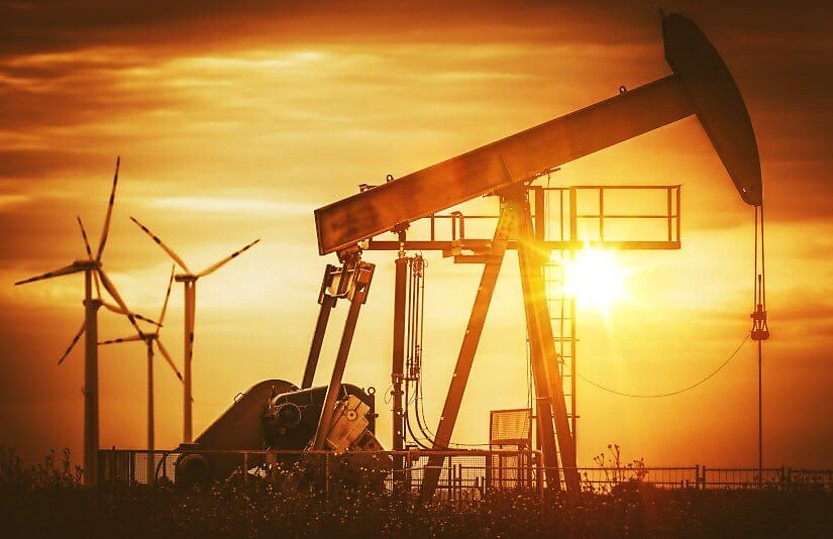CEF calls for carbon tariffs as fossil industries face ‘terminal’ decline

The think tank has urged the government to spearhead a regional carbon tariff framework as carbon pricing gains momentum throughout the Asia-Pacific.
Independent think tank Clean Energy Finance (CEF) has called on the Australian government to lead the charge towards a cross-border carbon pricing framework across the Asia-Pacific region, after Energy Minister Chris Bowen signalled an openness to carbon tariffs.
On Sunday, Bowen told ABC's Insiders that the government wouldn’t rule out the prospect of carbon tariffs on high-emissions industries as a route to achieving Australia’s climate goals.
“We want to ensure Australian industry is best placed to compete in a decarbonising world … and we’ve been working with industry … to ensure that’s the case,” Bowen said when asked about the prospect of a carbon tariff.
“We [would] look at particular sectors first, around cement and lime are places that we’ve looked at in particular, but again, I’m not going to get in front of the process.”
CEF urged Australian political leaders to advocate for a regional carbon border adjustment mechanism (CBAM), a cross-border price on carbon which would level the playing field between countries which price carbon and those that do not.
The think tank argued that the net-zero transition posed a multihundred-billion-dollar economic opportunity for Australia due to its abundance of natural resources. Australia’s ample critical mineral reserves and vast renewable resources leave it well-placed to benefit from the net-zero transition.
Leadership on a regional CBAM would also align with Australia’s bid to host the COP31 climate conference in 2026, CEF added.
“Australia is a mining sector world leader, but we export with next to zero value add,” CEF director Tim Buckley, a former managing director of global investment bank Citigroup, said.
“A carbon price in international trade would mobilise hundreds of billions of dollars of new investment to leverage our world-leading renewable resources so our commodities can be processed on shore with zero-emissions energy, embedding decarbonisation in our industrial goods pre-export.”
As regional momentum for cross-border carbon pricing begins to build, CEF warned that Australia could be left behind if it failed to reduce its reliance on carbon-intensive industries.
There are currently 17 carbon pricing schemes in effect across the Asia-Pacific covering numerous countries including China, South Korea, Japan and Singapore, the report found.
On the other side of the world, the European Union has already imposed its own regional CBAM agreement, due to take effect in 2026.
Matt Pollard, net zero transformation analyst at CEF, warned that Australia’s economic dependence on fossil fuels could put its long-term economic security at risk in a world pivoting away from fossil fuels.
“For Australia, the viability of its historic dependence on fossil fuels as a top three global exporter faces gradual, but inevitably terminal, decline,” he said.
“The net-zero transition is an immense opportunity to pivot to clean commodities such as green iron and reposition as a zero-emissions trade leader. Failure to act as a key economic agent in shaping the green industrial boom is a significant risk to its future energy and national security, and economic resilience.”
About the author

